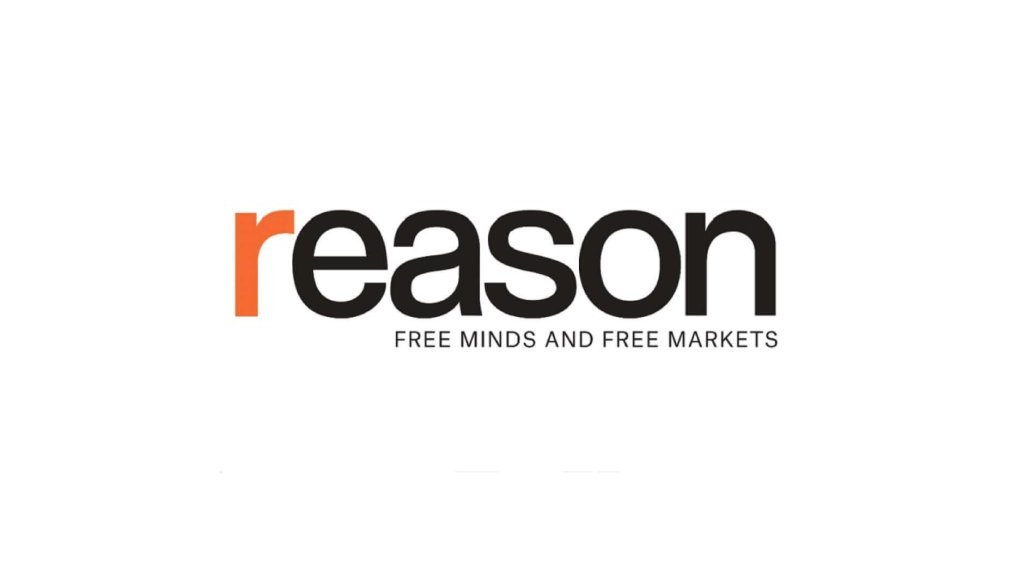Blaming Bill Buckley for Racism, January 6, and More
Taking America Back: The Conservative Movement and the Far Right, by David Austin Walsh, Yale University Press, 320 pages, $35
“It’s the cleanest, neatnest [sic] operating piece of social machinery I’ve ever seen. It makes me envious.” When Rexford Tugwell, an adviser to President Franklin Roosevelt, wrote these words in 1934, he was not referring to the New Deal programs in his purview. He was recording his thoughts on fascist Italy while awaiting an audience with Benito Mussolini. Tugwell reacted with similar awe upon touring the Soviet Union in 1928, penning an essay urging Americans to reflect on what they might adapt from Josef Stalin’s “experiment.”
For progressive historians who depict the New Deal as a “democratization” of the economy, Tugwell creates an unsettling complication. So do the many other leftist intellectuals who turned to the illiberal regimes of interwar Europe as models of economic planning. When conservative writer Jonah Goldberg assembled those episodes in his 2007 book Liberal Fascism, he struck a raw nerve with progressives. Taking America Back—a book from Yale University Press by David Austin Walsh, currently a postdoctoral researcher at Yale—emerged from a decadeslong fit of spite over Goldberg’s explorations of the undemocratic left.
Walsh’s monograph is an oddity. It mainly consists of scattershot vignettes about the racist and antisemitic figures who hovered around the American far right of the mid–20th century. The closest the text comes to a thesis statement is this: “All of the principal protagonists in this book—Merwin K. Hart, Russell Maguire, George Lincoln Rockwell, Revilo Oliver, Pat Buchanan, and Joe Sobran—have something in common,” he writes. “They were all connected in some way to William F. Buckley, Jr.”
Walsh views Buckley, the “respectable” founder of National Review, as an arms-length partner of the aforementioned “crackpots” in what he dubs a conservative “popular front” against Roosevelt’s policies. As in many works of this genre, the New Deal never faces meaningful interrogation. Its policy prescriptions are seen as obvious “democratic” correctives to capitalist excesses; the only conceivable motive for opposing it, Walsh apparently believes, is the reentrenchment of wealth and power.
Buckley tapped the brakes against the excesses of the far right, nominally “purging” them when they became a liability, as with his 1962 denunciation of the John Birch Society. Meanwhile, the fringe elements festered in the background and, per Walsh, transmitted a lineage of racism and antisemitism to the present day. Those elements, Walsh argues, gained the upper hand after Buckley’s death in 2008. Donald Trump followed, and with him a fascist undercurrent that seized control of the American right. This story somehow places the culpability for the January 6, 2021, riot at the U.S. Capitol on Buckley’s shoulders, thereby bringing Walsh back to the object of his spite. In his telling, Goldberg created the “‘liberal fascism’ trope” to “obfuscate historical and contemporary connections between the conservative movement and American fascism.”
Walsh’s cast is mostly obscure today. Hart hovered around a variety of anti–New Deal causes from the 1930s. He took a
Article from Reason.com

The Reason Magazine website is a go-to destination for libertarians seeking cogent analysis, investigative reporting, and thought-provoking commentary. Championing the principles of individual freedom, limited government, and free markets, the site offers a diverse range of articles, videos, and podcasts that challenge conventional wisdom and advocate for libertarian solutions. Whether you’re interested in politics, culture, or technology, Reason provides a unique lens that prioritizes liberty and rational discourse. It’s an essential resource for those who value critical thinking and nuanced debate in the pursuit of a freer society.




